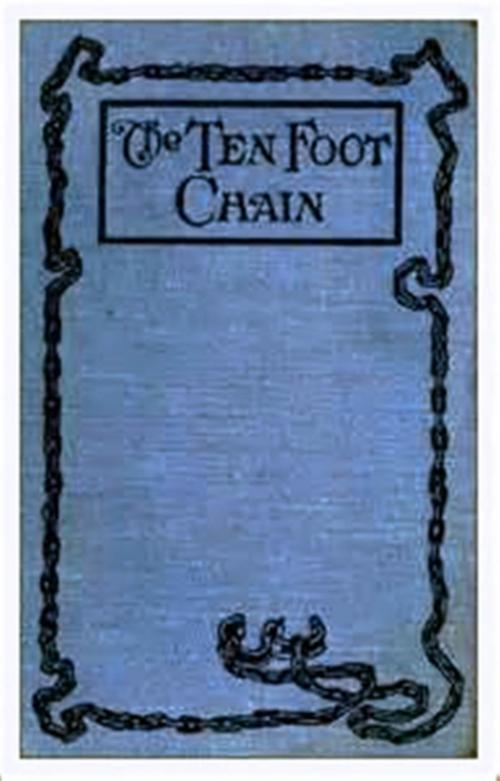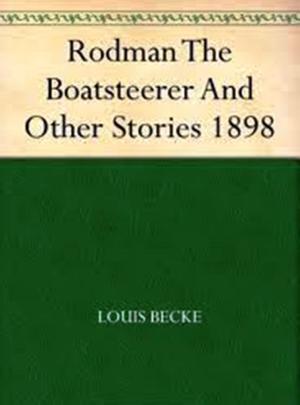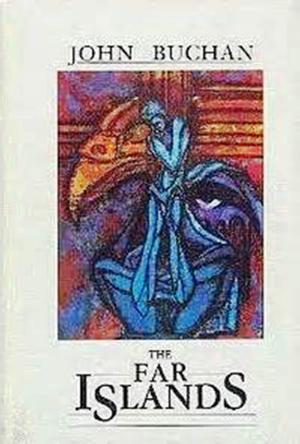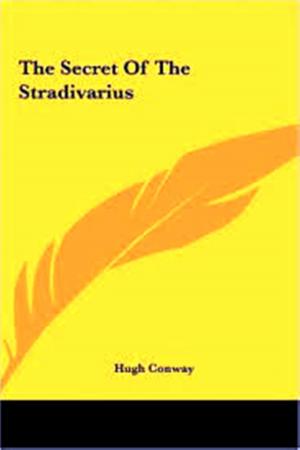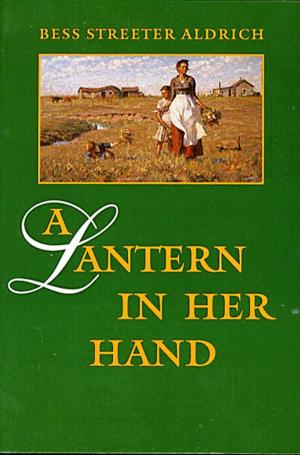| Author: | Achmed Abdullah, Max Brand | ISBN: | 1230000143917 |
| Publisher: | WDS Publishing | Publication: | June 21, 2013 |
| Imprint: | Language: | English |
| Author: | Achmed Abdullah, Max Brand |
| ISBN: | 1230000143917 |
| Publisher: | WDS Publishing |
| Publication: | June 21, 2013 |
| Imprint: | |
| Language: | English |
Some time ago I was dining with four distinguished writers. Needless to say where two or three authors are gathered together with a sympathetic editor in their midst, the flood-gates of fancy are opened wide.
In an inspired moment, Dr. Means tossed this "tremendous trifle" into the center of the table: "What mental and emotional reaction would a man and a woman undergo, linked together by a ten-foot chain, for three days and nights?" The query precipitated an uproar.
Captain Abdullah stepped into the arena at once, and with that élan of the heart, which is bred only in the Orient, declared if the man and the woman really loved one another, no chain could be riveted too close or too enduring to render onerous its existence. For through this world and the next, love would hold these twain in ever deeper and tenderer embrace.
Then the doctor, who claims he cuts nearer to the realities, insisted no emotion could bear such a physical impact. The reaction from such an imposed contact would leave love bereft of life, strangled in its own golden mesh. Max Brand begged to differ with both of his fellow craftsmen. With the cold detachment of a mind prepared to see all four sides of an object and with no personal animus of either prejudice or prepossession, Mr. Brand averred no blanker conclusion covered the case in question but in any given instance, the multiple factors of heredity, environment, habit, and temperament, would largely determine the final state of both the man and the woman.
Hereupon, Perley Poore Sheehan, the fourth member of the writing fraternity present, insisted on a hearing. Mr. Sheehan, nothing daunted by the naturally polygamous instincts of the male heart, insisted a good man, once in love, would and could discount the handicap of a ten-foot chain, since love was after all, as others have contended, not the whole of a man's life. To be sure it was an integral need, a recurrent appetite; the glamour and the glory, if you like, enfolding with its overshadowing wings his house of happiness. As for the woman—well, we will let Mr. Sheehan report, in person, his conviction as to the stability of her attachment.
The editor, whose business it is to keep an open mind, scarcely felt equal to the responsibility of passing judgment, where experts differed. But the discussion presented an opportunity which he felt called upon to develop. Therefore, each of the four authors was invited to present his conclusions in fiction form, the four stories to be published under the general caption "The Ten-Foot Chain." Herewith we are printing this unique symposium, one of the most original series ever presented.
Naturally, the stories are bound to provoke opinion and raise discussion. The thesis in the form presented by Dr. Means is quite novel, but the underlying problem of the stability of human affections, is as old as the heart of man. Wasn't it that prosaic but wise old poet, Alexander Pope, who compared our minds to our watches? "No two go just alike, yet each believes his own."
Some time ago I was dining with four distinguished writers. Needless to say where two or three authors are gathered together with a sympathetic editor in their midst, the flood-gates of fancy are opened wide.
In an inspired moment, Dr. Means tossed this "tremendous trifle" into the center of the table: "What mental and emotional reaction would a man and a woman undergo, linked together by a ten-foot chain, for three days and nights?" The query precipitated an uproar.
Captain Abdullah stepped into the arena at once, and with that élan of the heart, which is bred only in the Orient, declared if the man and the woman really loved one another, no chain could be riveted too close or too enduring to render onerous its existence. For through this world and the next, love would hold these twain in ever deeper and tenderer embrace.
Then the doctor, who claims he cuts nearer to the realities, insisted no emotion could bear such a physical impact. The reaction from such an imposed contact would leave love bereft of life, strangled in its own golden mesh. Max Brand begged to differ with both of his fellow craftsmen. With the cold detachment of a mind prepared to see all four sides of an object and with no personal animus of either prejudice or prepossession, Mr. Brand averred no blanker conclusion covered the case in question but in any given instance, the multiple factors of heredity, environment, habit, and temperament, would largely determine the final state of both the man and the woman.
Hereupon, Perley Poore Sheehan, the fourth member of the writing fraternity present, insisted on a hearing. Mr. Sheehan, nothing daunted by the naturally polygamous instincts of the male heart, insisted a good man, once in love, would and could discount the handicap of a ten-foot chain, since love was after all, as others have contended, not the whole of a man's life. To be sure it was an integral need, a recurrent appetite; the glamour and the glory, if you like, enfolding with its overshadowing wings his house of happiness. As for the woman—well, we will let Mr. Sheehan report, in person, his conviction as to the stability of her attachment.
The editor, whose business it is to keep an open mind, scarcely felt equal to the responsibility of passing judgment, where experts differed. But the discussion presented an opportunity which he felt called upon to develop. Therefore, each of the four authors was invited to present his conclusions in fiction form, the four stories to be published under the general caption "The Ten-Foot Chain." Herewith we are printing this unique symposium, one of the most original series ever presented.
Naturally, the stories are bound to provoke opinion and raise discussion. The thesis in the form presented by Dr. Means is quite novel, but the underlying problem of the stability of human affections, is as old as the heart of man. Wasn't it that prosaic but wise old poet, Alexander Pope, who compared our minds to our watches? "No two go just alike, yet each believes his own."
